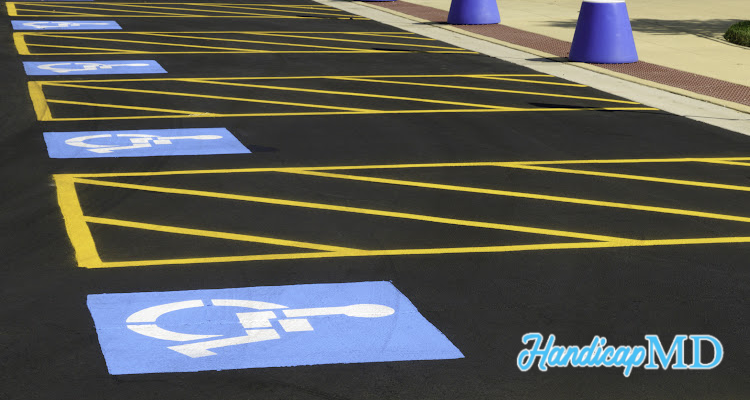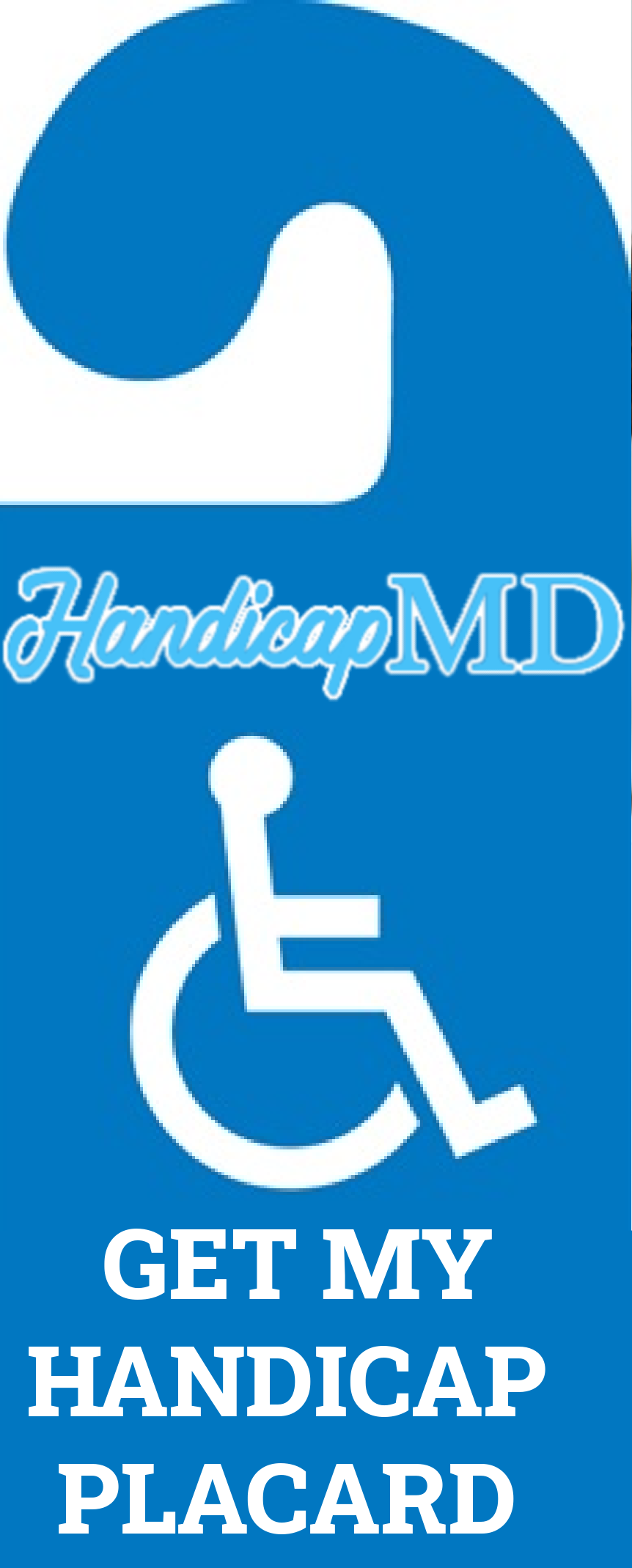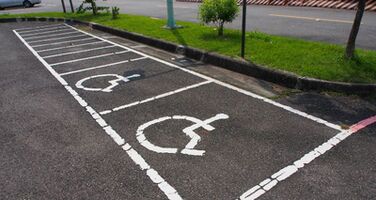
Exploring the Different Types of Handicap Placards in Georgia
In the vibrant state of GA, access and accommodations for individuals with disabilities are of paramount importance. Handicap permits play a pivotal role in facilitating this accessibility, allowing designated individuals to park in designated spaces and access various amenities with ease. Delve into this informative article as we explore the multifaceted landscape of handicap placards in Georgia, shedding light on their types, regulations, and the procedures for obtaining them.
Introduction
Disability tags serve as official recognition of an individual's disability status, granting them specific rights and benefits as per the law. These tags come in different types, each catering to the unique needs and conditions of the individuals they serve.
Types of Handicap Placards
Physical Disability Tags
Physical disability tags are issued to individuals with impairments that affect their mobility, such as paralysis, amputation, or chronic illnesses. These tags typically provide parking privileges, allowing individuals to park in designated disabled parking spaces close to entrances of buildings and facilities.
Description
Physical disability tags are identifiable by their distinctive design and are usually displayed on the rearview mirror of vehicles.
Eligibility Criteria
To qualify for a physical disability tag in GA, individuals must provide medical documentation proving their disability status and the need for parking accommodations.
Benefits
The benefits of physical disability tags include convenient access to parking spaces near amenities, reducing the need for long walks or assistance from others.
Mental Disability Tags
Mental disability tags are designed for individuals with cognitive or psychiatric impairments that impact their daily functioning. These tags offer various accommodations and support services to help individuals maintain independence and quality of life.
Explanation
Mental disability tags may not be as visibly recognizable as physical disability tags but provide equally essential benefits to those in need.
Qualifications
Qualifying for a mental disability tag typically requires documentation from a licensed healthcare provider, detailing the individual's diagnosis and functional limitations.
Advantages
The advantages of mental disability tags include access to specialized services, such as therapy, counseling, or community support programs.
Developmental Disability Tags
Developmental disability tags cater to individuals with conditions that manifest during childhood and impact physical, cognitive, or behavioral development. These tags offer a range of support services and accommodations to enhance the well-being of individuals and their families.
Overview
Developmental disability tags are essential for accessing educational resources, healthcare services, and community programs tailored to the unique needs of individuals with developmental disabilities.
Requirements
Obtaining a developmental disability tag typically involves assessments by qualified professionals to determine eligibility based on specific criteria.
Benefits
The benefits of developmental disability tags include access to specialized interventions, educational support, and social inclusion opportunities.
Sensory Disability Tags
Sensory disability tags are designated for individuals with hearing or vision impairments, ensuring they receive appropriate accommodations and assistance in various settings.
Definition
Sensory disability tags may include indicators such as braille or symbols to facilitate recognition and communication.
Eligibility
To qualify for a sensory disability tag, individuals must provide documentation of their sensory impairment and the need for accommodations.
Perks
The perks of sensory disability tags include access to assistive devices, communication aids, and sensory-friendly environments to support participation and independence.
Application Process
The process of obtaining a Georgia handicap placard involves submitting an application along with supporting documentation to the Department of Motor Vehicles (DMV) or the relevant authority. Once approved, individuals receive their tags, which must be displayed appropriately according to regulations.
Challenges Faced by Individuals with Disabilities
Despite the availability of disability tags and support systems, individuals with disabilities still encounter various challenges, including accessibility barriers, discrimination, and social stigma.
Importance of Disabled Placards
Disability tags play a vital role in promoting inclusivity, accessibility, and equal opportunities for individuals with disabilities, enabling them to participate fully in society and live fulfilling lives.
Legal Rights and Protections
Laws and regulations such as the Americans with Disabilities Act (ADA) provide legal protections and rights for individuals with disabilities, prohibiting discrimination and ensuring equal access to opportunities and services.
Employment Opportunities for People with Handicap Permits
Efforts to promote diversity and inclusion in the workforce have led to increased employment opportunities for individuals with disability tags, with many companies recognizing the value of their unique perspectives and contributions.
FAQs
Can anyone apply for a disability tag in GA?
- Yes, individuals with documented disabilities that meet the eligibility criteria can apply for disability tags in GA.
Do disability tags expire?
- Disability tags may have expiration dates, and individuals may need to renew them periodically by providing updated documentation.
Can family members of individuals with disabilities use their tags?
- In some cases, family members or caregivers may use disability tags when transporting individuals with disabilities, provided they are actively assisting them.
Are there penalties for misuse of disability tags?
- Misuse of disability tags, such as using them without the individual with disabilities present, can result in fines or penalties.
Are disability tags recognized across state lines?
- Handicap placards issued in GA may be recognized in other states, but it's essential to familiarize oneself with local regulations and requirements when traveling.
Conclusion
In conclusion, exploring the different types of handicap placards in Georgia unveils a rich tapestry of accommodations and accessibility measures designed to support individuals with disabilities. By understanding the various types, application procedures, and compliance requirements, individuals can navigate the process with confidence, ensuring equitable access and inclusion for all members of the community.
.png)






